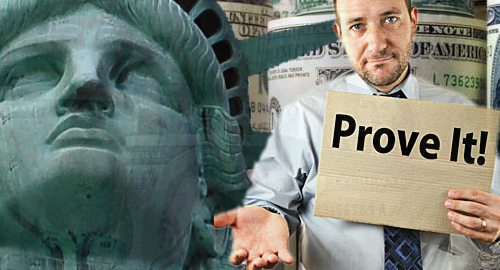 New York gaming regulators have asked daily fantasy sports operators to prove that they segregate player funds from operating capital.
New York gaming regulators have asked daily fantasy sports operators to prove that they segregate player funds from operating capital.
On Friday, Legal Sports Report revealed that DFS operators approved to operate in New York had received emails from the New York State Gaming Commission requesting documentation that proves these operators aren’t treating player funds as their private piggy banks.
The regulators are seeking evidence that “clearly illustrates the legal mechanism and internal controls” that keep player funds safe from “corporate insolvency, financial risk, or criminal and civil actions against” DFS operators.
New York’s ‘trust but verify’ stance was undoubtedly prompted by last week’s shock bankruptcy filing by DFS operator Fantasy Aces, which left an unknown number of customers unable to reclaim an estimated $1.3m left in their online accounts. Fantasy Aces had received a temporary permit to operate in New York after state legislators approved the activity last year.
The week before the filing, Fantasy Aces announced it was in the process of being acquired by rival FantasyDraft, only for the latter firm to back out just days later citing “issues identified during our due diligence.” The bankruptcy filing’s list of assets and liabilities left little doubt that Fantasy Aces had failed to keep player funds safe from its owners’ clutches.
Late last week, the Wall Street Journal quoted Fantasy Aces’ bankruptcy lawyer Bert Briones saying multiple parties had expressed interest in acquiring the company’s assets and might be willing to assume responsibility for the $1.3m owed to players. Briones said he was “confident that users are not going to lose their money.”
New York has taken point on a number of DFS regulatory and legal fronts, including Attorney General Eric Schneiderman’s consumer fraud suits against DFS leaders DraftKings and FanDuel, which were resolved last October after each company agreed to fork over $6m in penalties for their “false and deceptive” marketing.





